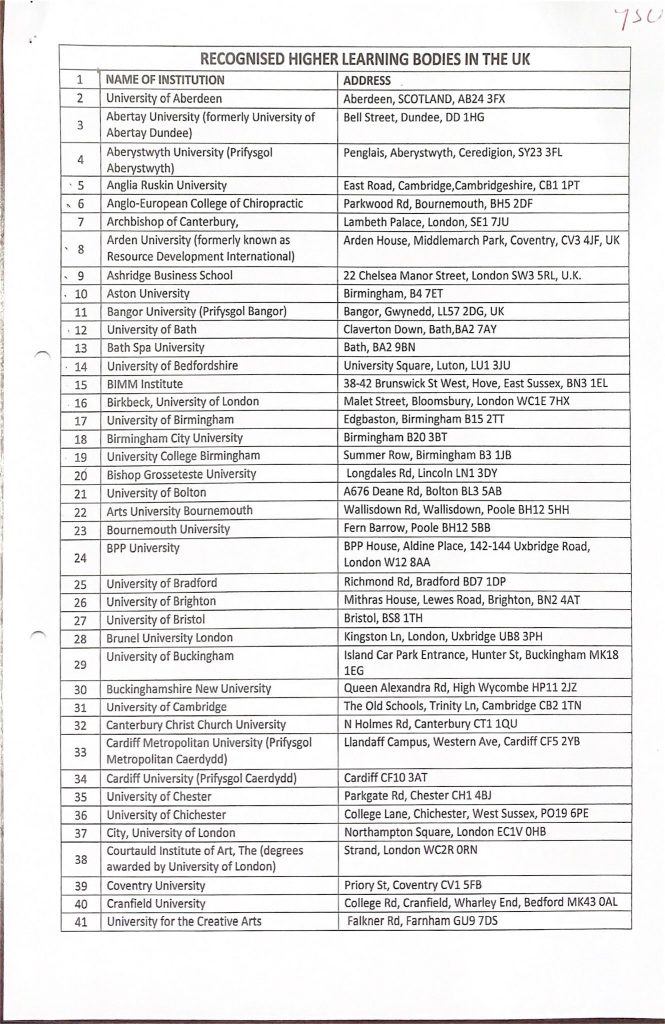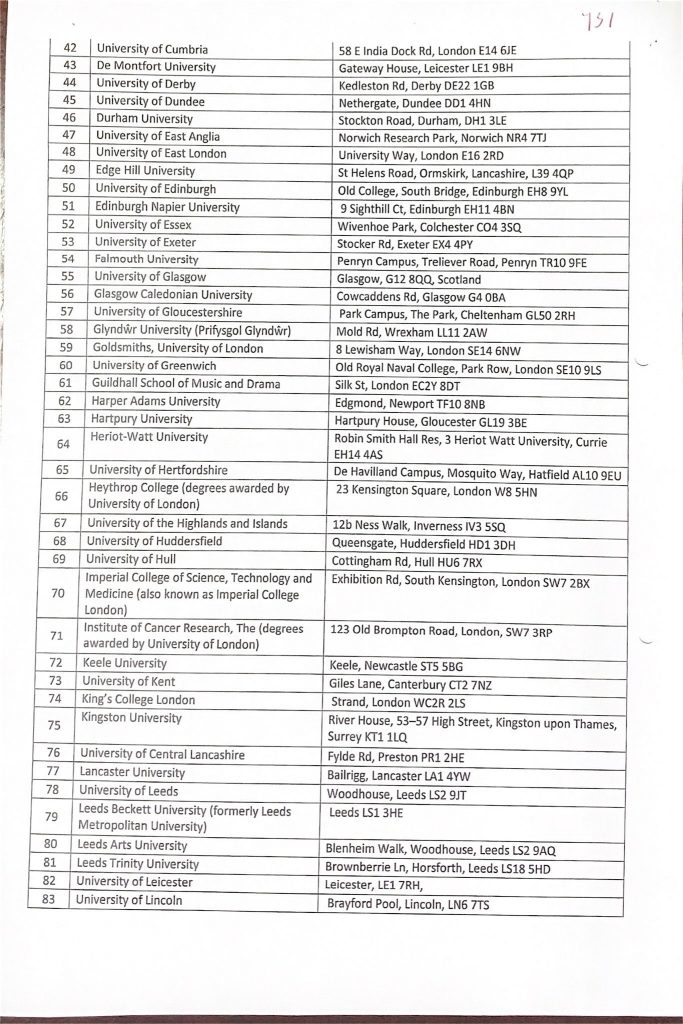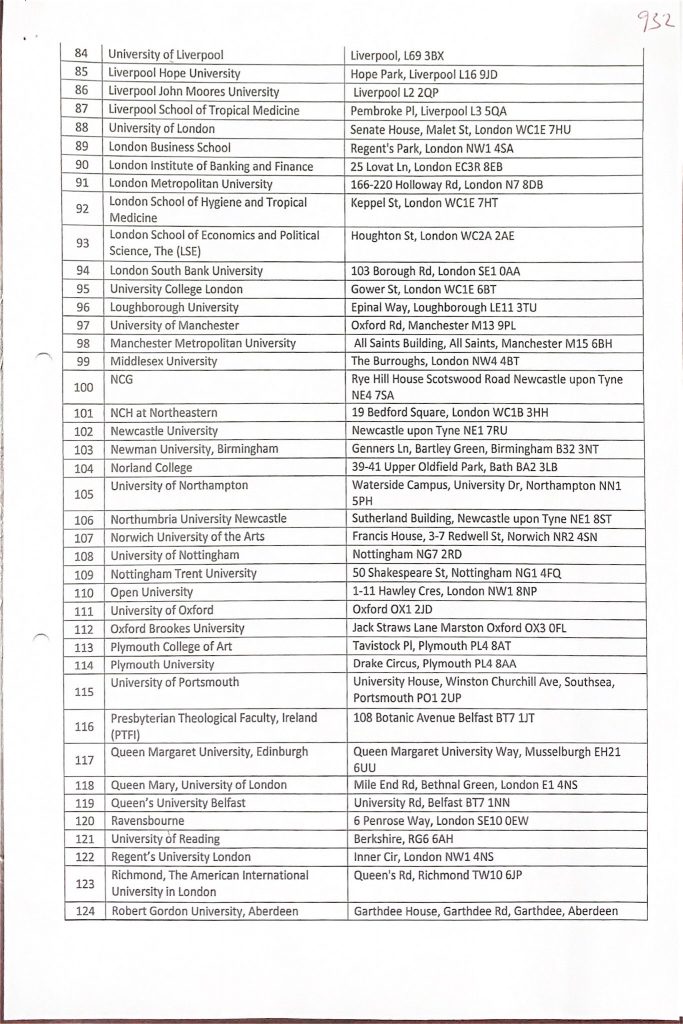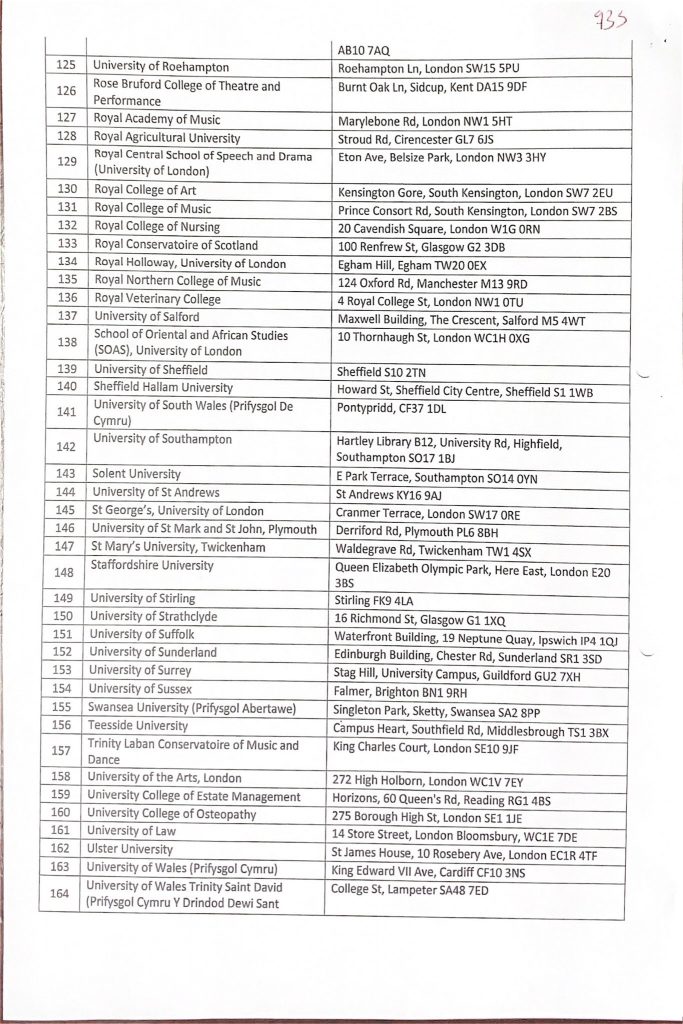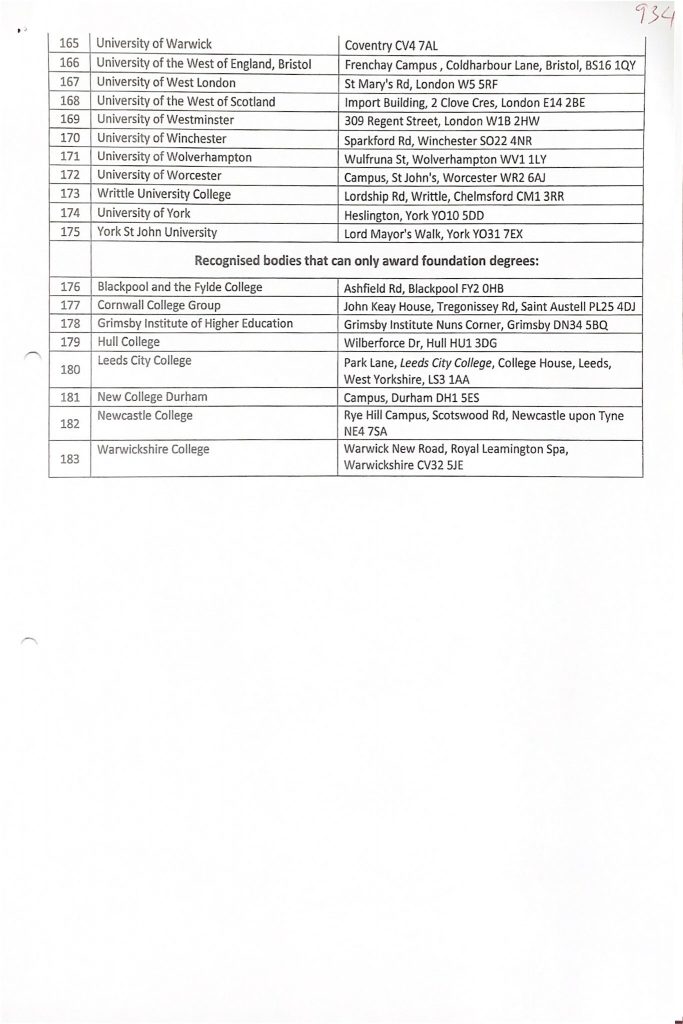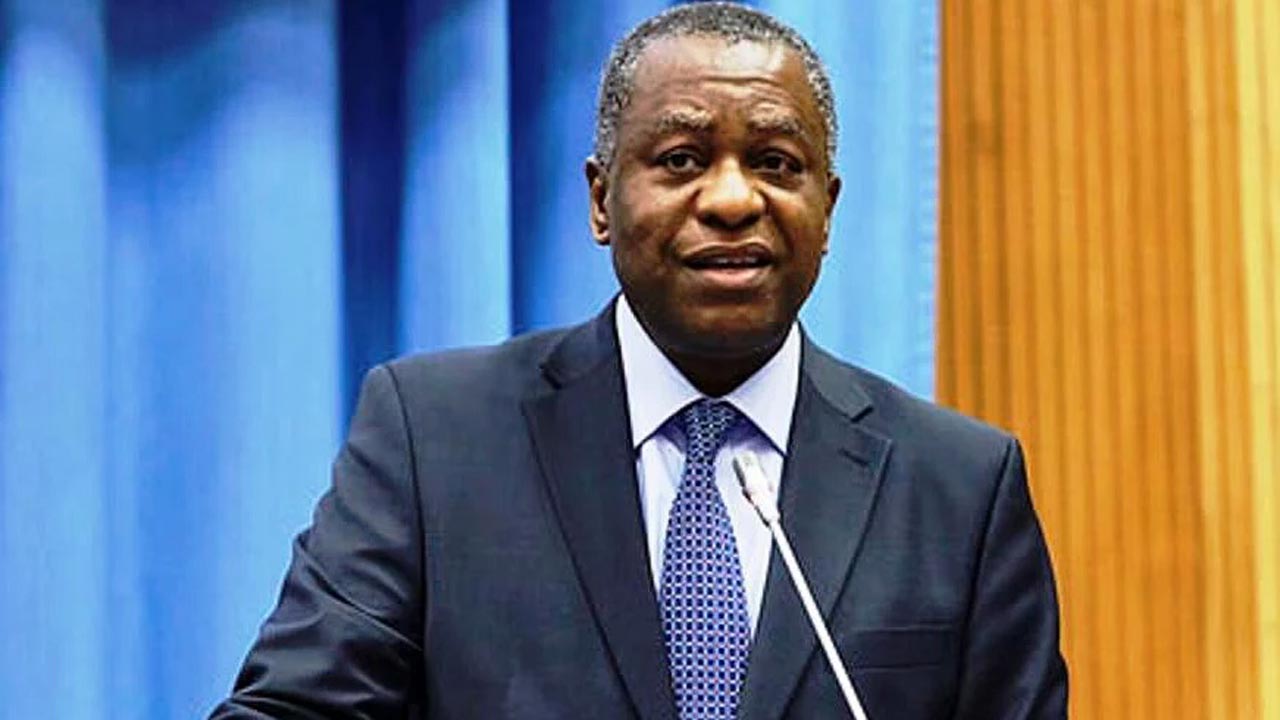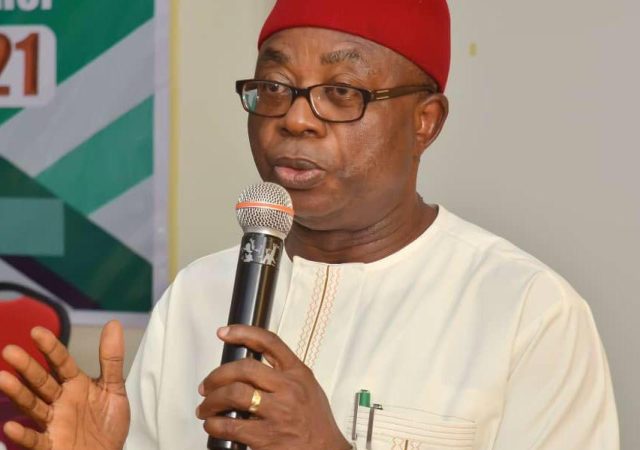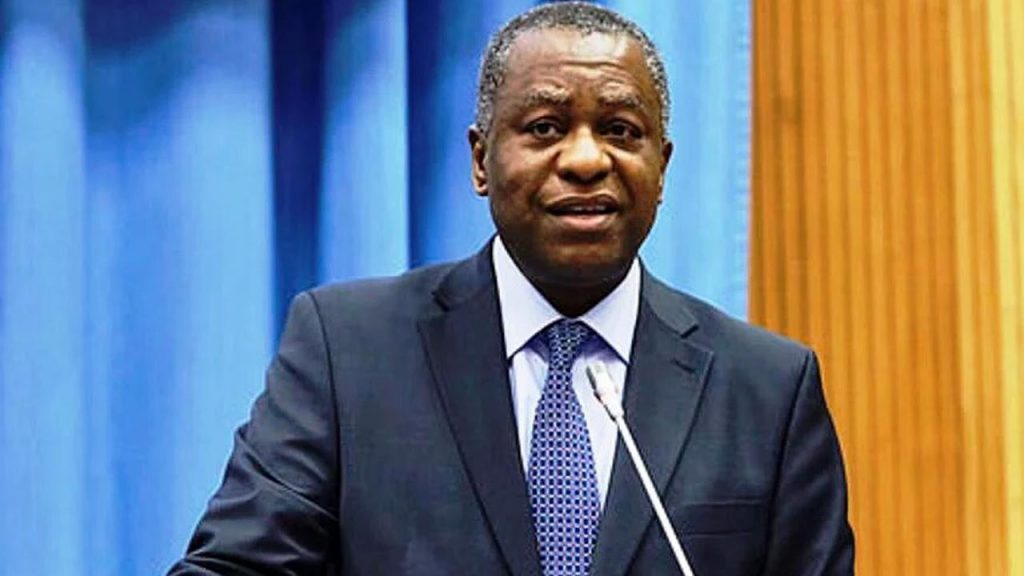
By Sunday Oyinloye
Determined to create synergy for the development of Nigeria, the High Commission of Nigeria in United Kingdom has embarked on reforms that would assist Nigerian students and staff at various universities in UK even as it releases names of 183 recognised Higher Learning Bodies in the country.
In his message to the Nigerian Community, University of Cambridge, Nigeria’s High Commissioner to UK, Ambassador Sarafa Tunji Isola explained that the Mission decided to embark on the reforms with a view to creating conducive atmosphere for constructive and sustained engagements between Nigerian students and staff in the various universities in the United Kingdom and the High Commission.
There are over 10,000 Nigerian students in universities across UK. The number places Nigeria on the 9th position in the ranking among countries with the highest population of foreign students in UK universities.
Ambassador Isola said the reforms were based on his conviction that the relationship between the Nigeria High Commission and Nigerians (staff and students) in UK universities could be nurtured to a higher level with a view to bringing about “positive and qualitative changes in our educational and welfare services to the community”
According to him, “As country men and women, we have a patriotic duty to synergize and work together for the development of our country. We recognize the fact that Nigerian students and staff in the UK constitute the bedrock of an intelligential that can assist our nation in the onerous task of national development.”
The High Commissioner said he was conscious of the fact that majority of Nigerian students in UK are on private scholarships which does not come easily adding “ I must commend your parents and guardians for their sacrifices in ensuring that you become global citizens. “
He reminded the staff and students that the Mission has a Consular, Education and Welfare Section charged with the primary duty of providing services to Nigerians in the UK including those in the Educational sector.
Ambassador Isola listed some of the services as follows: defence of Nigerian students against injustice in UK, facilitation of Exchange Programmes and peer review mechanism between Nigerian institutions of higher learning and their British counterparts, integration of staff in UK universities with Nigerian Universities where desired, guidance and assistance in the processing of Nigerian passports and authentication of other consular documents, guidance and assistance to Nigerian students on existing post graduate studies and guidance and assistance to interested students on industrial attachments in UK and Nigeria.
Others services are linking of the National Universities Commission in Nigeria and Nigerian universities for symbiotic relationships, guidance for Nigerian students in the Law profession on admission to the Law School and other services on request.
He said the population of Nigerian students in UK should be harnessed through networking and symbiotic relationship for the greater good of Nigeria.
The High Commissioner requested that the institutions should provide the details of their representatives “to allow us discuss in further details the things that we hope to achieve through meaningful dialogue”
